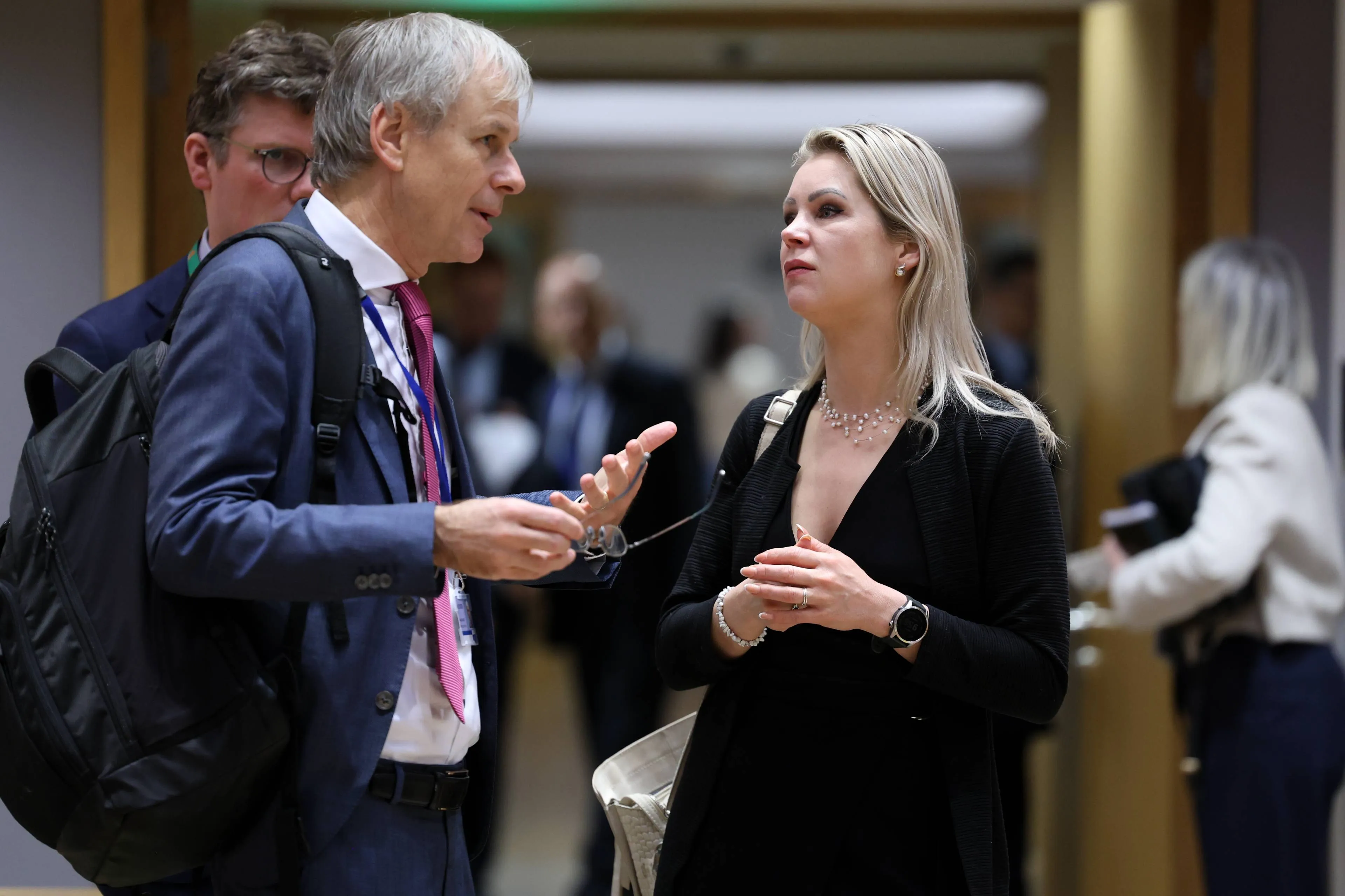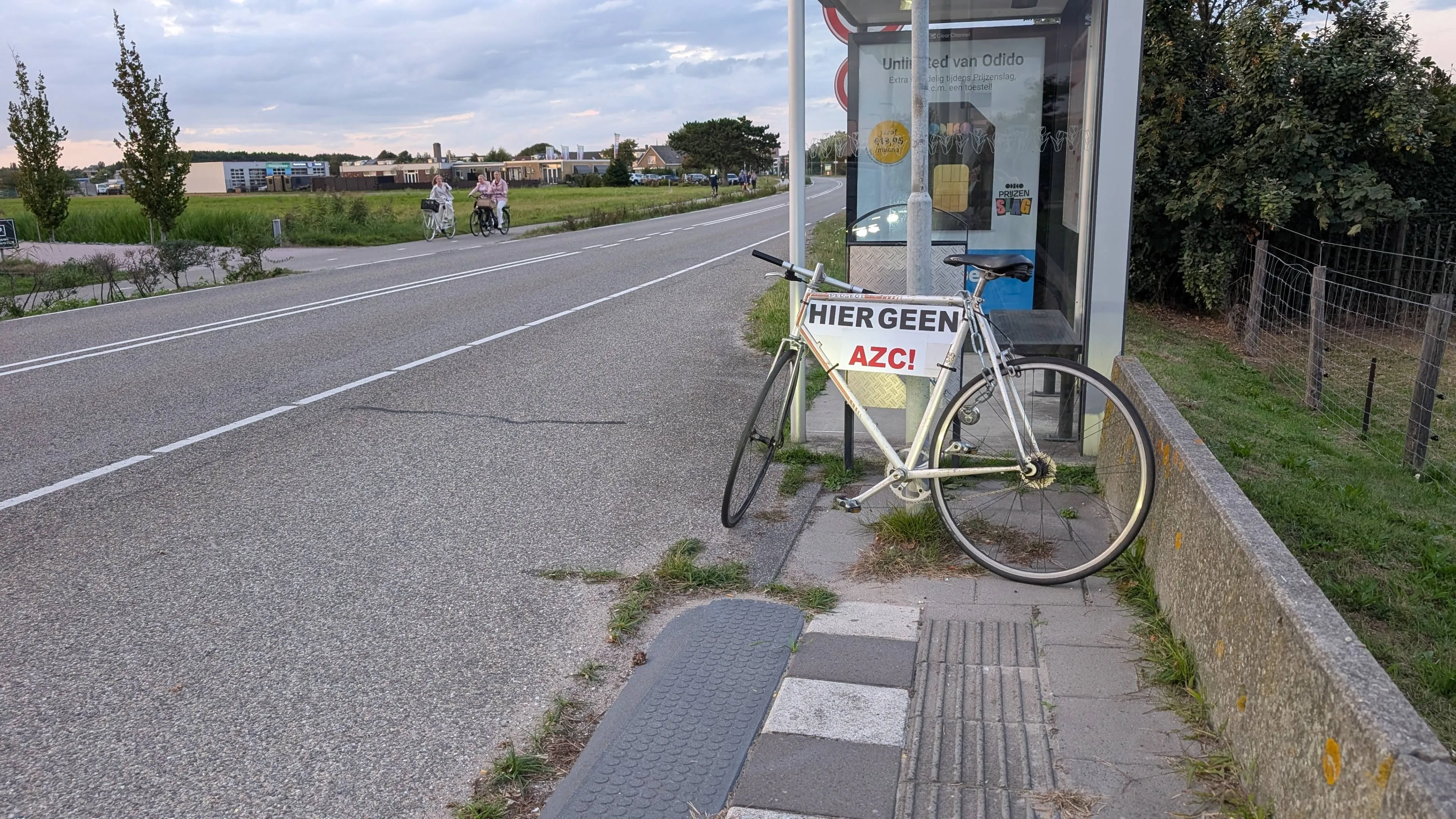Spanje schaft subsidies op zonne-energie af
Golf van faillissementen verwacht. Vele kleine investeerders verliezen spaargeld, huis en haard.
In zijn speeches heeft president Obama het Spaanse duurzaamheidsbeleid verschillende malen geprezen als navolgenswaardig voorbeeld voor de VS. Maar hij moet slecht geïnformeerd zijn geweest. De Spaanse regeling moet in een vlaag van collectieve verstandsverbijstering zijn ontworpen, want het vergt toch niet veel specifieke kennis om te begrijpen dat het uiteindelijke bankroet ervan was voorgeprogrammeerd. Aanvankelijk kregen de investeerders een prijs van 58 (!) cent voor elke kWu voor de komende 25 jaar en een gegarandeerde 80% daarvan voor de jaren daarna. Deze hoge prijzen werden echter (nog) niet aan de verbruikers doorberekend, waardoor de elektriciteitsbedrijven een verlies van euro 40 miljard hebben geaccumuleerd. Over wie dat gaat betalen bestaat geen duidelijkheid, zeker niet nu Spanje nog steeds in een economische crisis verkeert.
In zijn speeches heeft president Obama het Spaanse duurzaamheidsbeleid verschillende malen geprezen als navolgenswaardig voorbeeld voor de VS. Maar hij moet slecht geïnformeerd zijn geweest. De Spaanse regeling moet in een vlaag van collectieve verstandsverbijstering zijn ontworpen, want het vergt toch niet veel specifieke kennis om te begrijpen dat het uiteindelijke bankroet ervan was voorgeprogrammeerd. Aanvankelijk kregen de investeerders een prijs van 58 (!) cent voor elke kWu voor de komende 25 jaar en een gegarandeerde 80% daarvan voor de jaren daarna. Deze hoge prijzen werden echter (nog) niet aan de verbruikers doorberekend, waardoor de elektriciteitsbedrijven een verlies van euro 40 miljard hebben geaccumuleerd. Over wie dat gaat betalen bestaat geen duidelijkheid, zeker niet nu Spanje nog steeds in een economische crisis verkeert.
Onder de titel, 'Spain makes abrupt U-turn on solar payments; Retreat on rates leaves thousands of investors fearing they'll go broke', schreef Suzanne Daley voor de International Herald Tribune:
Six years ago, Justo Cruz Rodríguez, who runs a small business here designing signs, was looking for a way to generate a steady, if modest, pension for himself and his father.
So when the government passed a law offering attractive rates for solar energy - and guaranteed them for the next 25 years - he mortgaged his house, his father's house and even his workshop to install half a dozen rows of solar panels in his father's garden, with the idea of selling his excess electricity.
''It seemed so safe,'' he said recently. ''It was a government guarantee.''
But the Spanish government has changed its mind. It plans to pay less, a lot less. Under legislation that goes into effect this year, it will drop its per-kilowatt-hour payment system altogether and effectively impose retroactive cuts in payments. It also plans to make solar power producers pay a charge on electricity they generate and use themselves, a measure that angry protesters have named the ''sun tax.'' ...
Spain was once at the forefront of the solar energy movement. It barreled into the renewable-energy business, winning over thousands of investors big and small with its guarantees. Experts say the country has already come close to the European Union's goal of 20 percent reliance on renewable energy by 2020.
But experts say the government never expected so much investment and never came up with a way of paying for it. When the economic crisis hit in 2008 and demand for energy went down, the deficit widened at an even faster rate. ...
The new government payment system has left thousands of investors, like Mr. Cruz, 51, in a state of shock. ''I am going to lose everything,'' Mr. Cruz said, standing near the panels he thought would make his old age easier. ''I will be homeless. At my age, homeless.''
Maar het leven bestaat nu eenmaal vaak uit het kiezen tussen kwaden.
''If we did nothing, the only two alternatives would either be bankruptcy of the system or an increase of the price to consumers of more than 40 percent,'' said José Manuel Soria, the minister for industry, energy and tourism.
En polderen was er niet bij.
Government officials declined to answer questions on the subject. They are being widely criticized for coming up with the new plan without consulting any of the affected parties and for changing their mind about several components in the past few months.
De vraag is nu welke lessen andere landen uit het Spaanse debacle zullen trekken. Voor Nederland rijst dan de vraag of het energieakkoord nu wel zo'n goed idee was. Mijn trouwe lezers kennen mijn antwoord op deze vraag al.
Duurzaam maakt meer kapot dan je lief is. En de volgende regering mag het puin weer ruimen.
Lees verder hier.
Voor mijn eerdere DDSbijdragen zie hier.
Ga verder met lezen
Dit vind je misschien ook leuk
Laat mensen jouw mening weten
Lees ook
Loading


